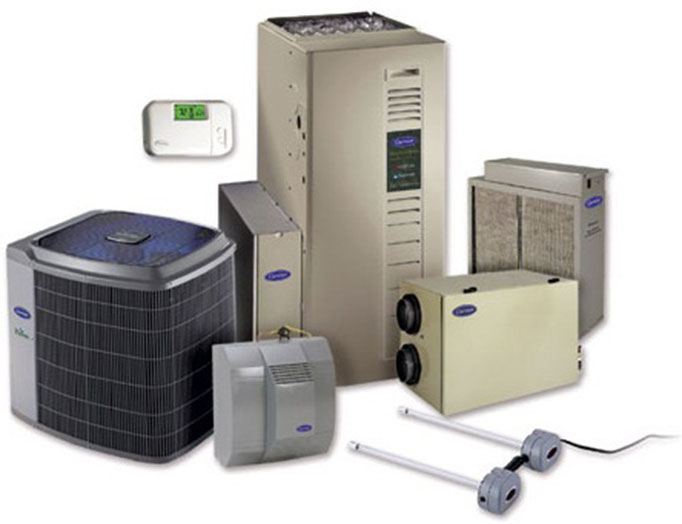The HVAC Maintenance Technical Certificate Program is designed to help students develop advanced technical skills and competencies related to the installation, repair and maintenance of residential heating and air conditioning equipment. Students will learn details about HVAC equipment, but with an emphasis on making repairs in a safe, efficient, and productive manner.
Students will learn what failed, why it failed, and how the failure can be prevented. Understanding these principles will increase worker productivity and reduce overall maintenance and capital expenditures. Students will also develop skills in recognizing and testing the components, interpreting the schematic wiring diagram, tracing the sequence of operation, cleaning the equipment, adjusting settings for optimum efficiency, and planned maintenance activities.
on making repairs in a safe, efficient, and productive manner.
Students will learn what failed, why it failed, and how the failure can be prevented. Understanding these principles will increase worker productivity and reduce overall maintenance and capital expenditures. Students will also develop skills in recognizing and testing the components, interpreting the schematic wiring diagram, tracing the sequence of operation, cleaning the equipment, adjusting settings for optimum efficiency, and planned maintenance activities.
This program consists of 5 courses.
GEN102 - Basic Electricity
HEA101 - Electric Furnace Maintenance
HEA102 - Gas Furnace Maintenance
HEA103 - EPA Technician Certification
HEA104 - Air Conditioning Maintenance
HEA105 - Heat Pump Maintenance
There are no prerequisites… but we recommend that students pursue the courses as sequenced above, and mainly because, the set of courses are designed to build upon each other.
AC/C TECH utilizes the Carnegie clock-to-credit hour conversion for academic purposes; and therefore, the following is a breakdown of our HVAC Maintenance program:
HVAC Maintenance
Technical Certificate Program |
Lecture
Hours |
Lab
Hours |
Externship
Hours |
Total
Hours |
| Clock |
Credit |
Clock |
Credit |
Clock |
Credit |
Clock |
Credit |
| Basic Electricity |
20.0 |
1.33 |
10.0 |
0.33 |
15.0 |
0.33 |
45.0 |
2.0 |
| Electric Furnace Maintenance |
20.0 |
1.33 |
10.0 |
0.33 |
15.0 |
0.33 |
45.0 |
2.0 |
| Gas Furnace Maintenance |
20.0 |
1.33 |
10.0 |
0.33 |
15.0 |
0.33 |
45.0 |
2.0 |
| EPA Technician Certification |
20.0 |
1.33 |
10.0 |
0.33 |
15.0 |
0.33 |
45.0 |
2.0 |
| Air Conditioning Maintenance |
20.0 |
1.33 |
10.0 |
0.33 |
15.0 |
0.33 |
45.0 |
2.0 |
| Heat Pump Maintenance |
20.0 |
1.33 |
10.0 |
0.33 |
15.0 |
0.33 |
45.0 |
2.0 |
| Totals |
120.0 |
8.00 |
60.0 |
2.00 |
90.0 |
2.00 |
270.0 |
12.0 |
Upon completion of this program, the student will be able to:
- Summarize how HVAC equipment operates.
- Classify the components of various HVAC equipment.
- Interpret the schematic wiring diagrams and trace the sequence of equipment operation.
- Make use of HVAC diagnostic and repair procedures.
- Develop professional documentation of tasks completed and customer relation skills.
- Apply HVAC maintenance skills within industry standards and governmental regulations.
Graduates will be awarded a Technical Certificate in HVAC Maintenance Technology, and EPA Technician Certification as approved by the U.S. Environmental Protection Agency.